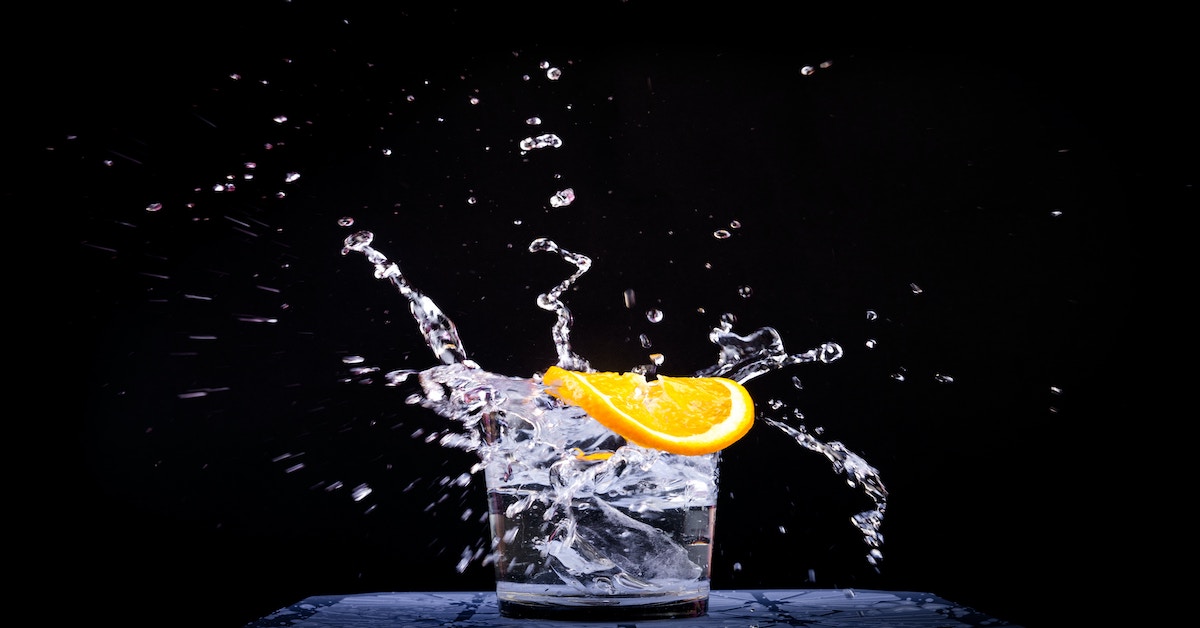Maintaining hydrated can be essential for numerous reasons, including your overall health. Here are some ways to stay hydrated throughout the day.
Staying adequately hydrated is a fundamental aspect of maintaining overall health and well-being. Water is the essence of life, serving as the cornerstone for countless bodily functions, from aiding digestion to regulating body temperature. However, despite its critical importance, many individuals need help maintaining adequate hydration throughout the day. Dehydration, even in milder forms, can lead to various health issues, including fatigue, reduced cognitive function, and impaired physical performance.
There are various ways to stay hydrated throughout the day. These strategies encompass drinking water and making informed choices about what you consume and when. From setting hydration goals and monitoring urine colour to incorporating water-rich foods and optimising your hydration during exercise, we will delve into practical tips, habits, and insights to help you prioritise and maintain your body’s essential hydration needs. It can be crucial to be well-equipped to make hydration a seamless and integral part of your daily life, ensuring you feel your best and support your long-term health.
1. Drink Water Regularly
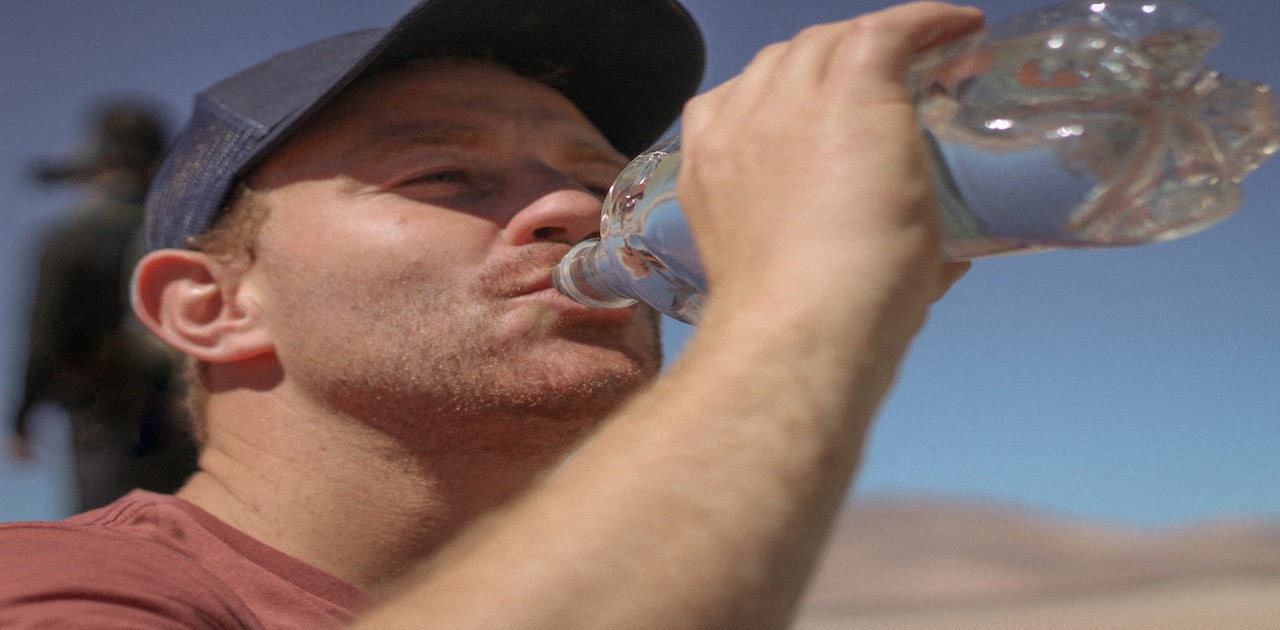
Drinking water consistently is one of the simplest ways to stay hydrated throughout the day and the foundation of good hydration. Water is essential for nearly every bodily function, from digestion to temperature regulation. Waiting until you feel thirsty is only sometimes an accurate indicator of your hydration needs. By the time you’re thirsty, you might already be mildly dehydrated. To stay adequately hydrated:
• Set Reminders: Use alarms or smartphone apps to remind yourself to drink water regularly. This helps establish a consistent routine of hydration.
• Use a Straw: Some people find it easier to drink more water when using a straw. It can make sipping water feel less like a chore.
• Track Your Intake: Consider keeping a journal or using a water-tracking app to record your daily water intake. This can help you identify patterns and adjust your habits as needed.
2. Carry a Reusable Water Bottle
Investing in a reusable water bottle is an eco-friendly and convenient way to ensure you have water readily available wherever you go. Here are some additional tips:
• Choose the Right Bottle: Opt for a bottle that suits your lifestyle. Stainless steel, glass, and BPA-free plastic bottles are popular choices. Look for features like a built-in straw or a leak-proof design for added convenience.
• Personalise Your Bottle: Decorate or personalise your bottle to make it more appealing. A visually pleasing bottle can encourage you to reach for it more often.
• Keep It Clean: Regularly clean your water bottle to prevent the buildup of bacteria and odours. Many reusable bottles are dishwasher-safe, making cleaning a breeze.
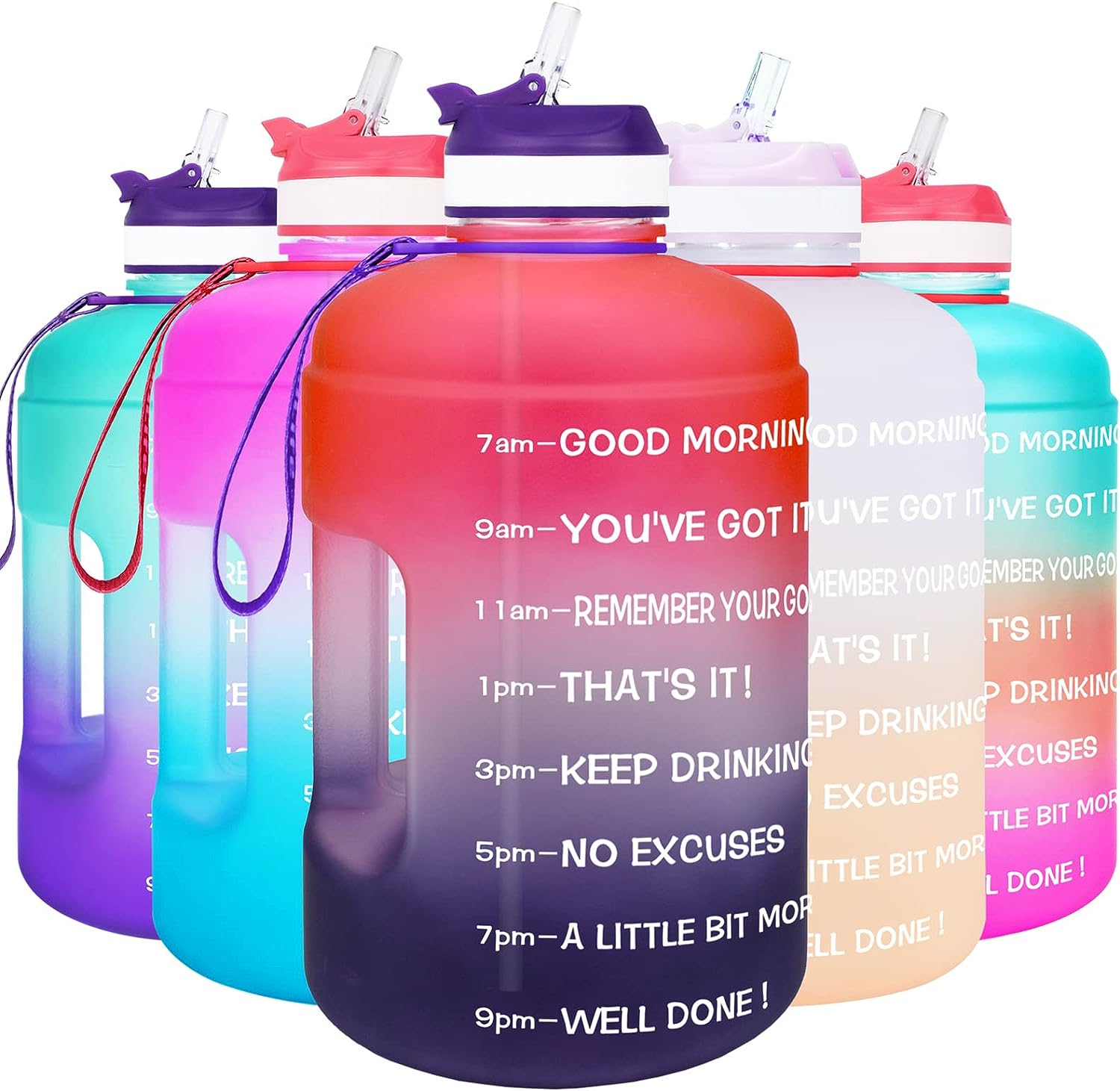
3.. Monitor Your Urine Colour
Your urine colour can be a reliable indicator of your hydration status. Pale or straw-coloured urine typically suggests proper hydration, while dark yellow or amber urine may indicate dehydration. Here’s how to interpret urine colour effectively:
• Check Regularly: Make it a habit to check your urine colour throughout the day. The goal is to maintain a consistent, light colour.
• Consider Supplements: Certain vitamins, medications, and foods can affect urine colour. Be aware of these factors when assessing your hydration based on urine colour alone.
4. Set Hydration Goals
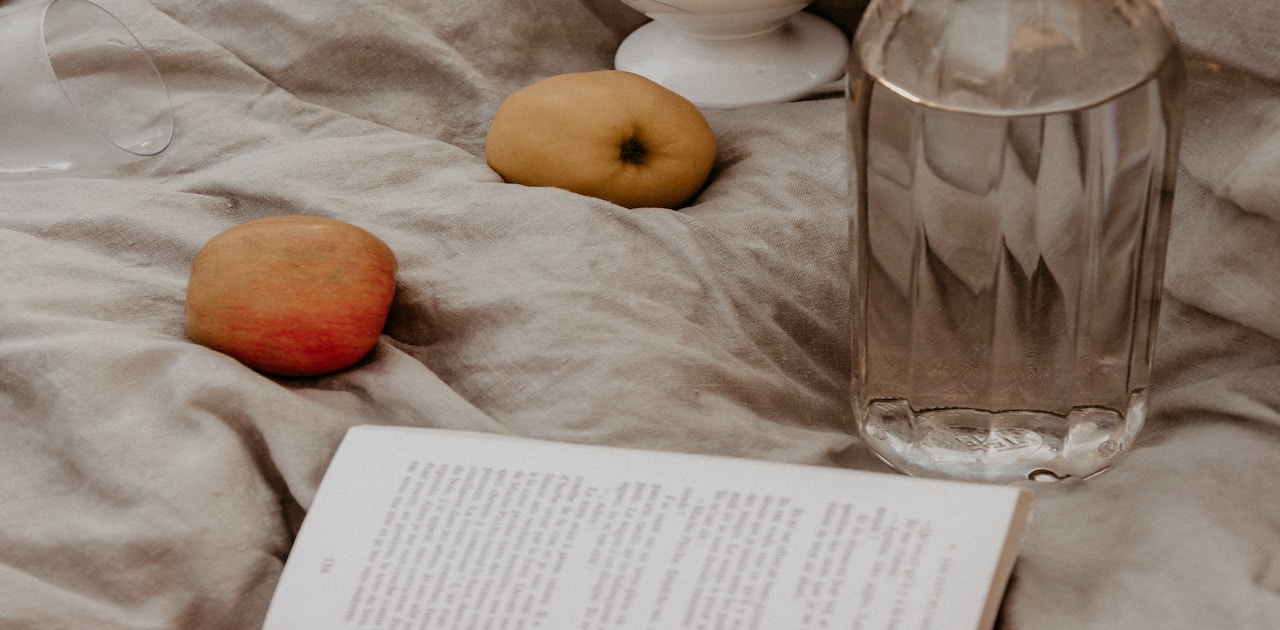
Other ways to stay hydrated throughout the day include setting daily hydration goals and providing a clear water intake target. The “8×8” rule, which suggests drinking eight 237-millilitres glasses of water daily, is a good starting point, but it’s not a one-size-fits-all solution. Your age, weight, activity level, and climate can also affect your hydration needs. Here’s how to tailor your goals:
• Individualise Your Goals: Calculate your hydration needs based on your unique factors. A general recommendation is to consume about 30-35 millilitres of water per kilogram of body weight daily. Adjust this based on your activity level and environment.
• Consult a Healthcare Professional: If you have specific health concerns or medical conditions, it’s advisable to consult a healthcare provider for personalised hydration recommendations.
5. Eat Water-Rich Foods
Hydration isn’t solely reliant on beverages. One of the other ways to stay hydrated throughout the day is to get water from the foods you eat. Incorporate these water-rich foods into your diet:
• Watermelon: This fruit consists of over 90% water and is hydrating but also delicious and low in calories.
• Cucumber: Cucumbers are made up of about 96% water, making them an excellent choice for hydration and adding a refreshing crunch to salads.
• Oranges: Citrus fruits like oranges have high water content and are rich in vitamin C and other nutrients.
• Celery: Celery is another hydrating vegetable with a satisfying crunch, perfect for snacking.
• Strawberries: These berries are both hydrating and a good source of antioxidants.
By including these foods in your diet, you can supplement your water intake while enjoying a variety of flavours and textures.
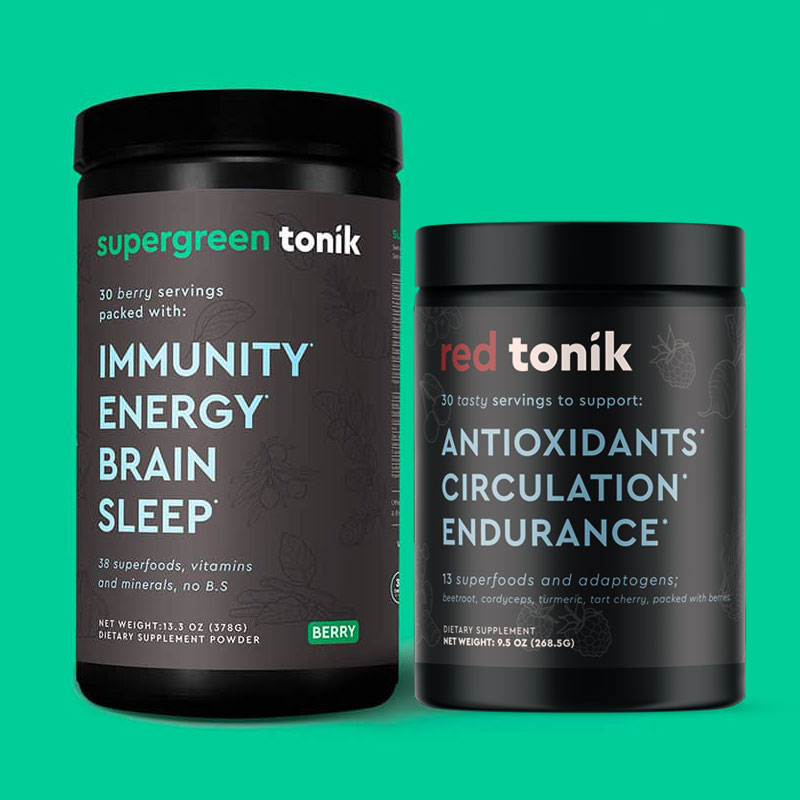
6. Create a Hydration Schedule
Establishing a hydration schedule can help ensure you consistently drink water throughout the day. Here’s how to create an effective schedule:
• Morning Hydration: Start your day with a glass of water. This helps kickstart your metabolism and rehydrate your body after a night’s sleep.
• Before Meals: Drink a glass of water about 30 minutes before each meal. Doing so not only aids digestion but also contributes to your daily water intake.
• Between Meals: Have a glass of water as a mid-morning and mid-afternoon snack. This keeps you hydrated between meals.
• Before Bed: Finish the day with a glass of water before bedtime. It prevents overnight dehydration and supports your body’s nighttime processes.
Creating this routine ensures you’re spreading your water intake evenly throughout the day, reducing the risk of dehydration.
Related Post: 5 Morning Routines For A Healthier Start To Your Day
7. Avoid Excessive Caffeine and Alcohol
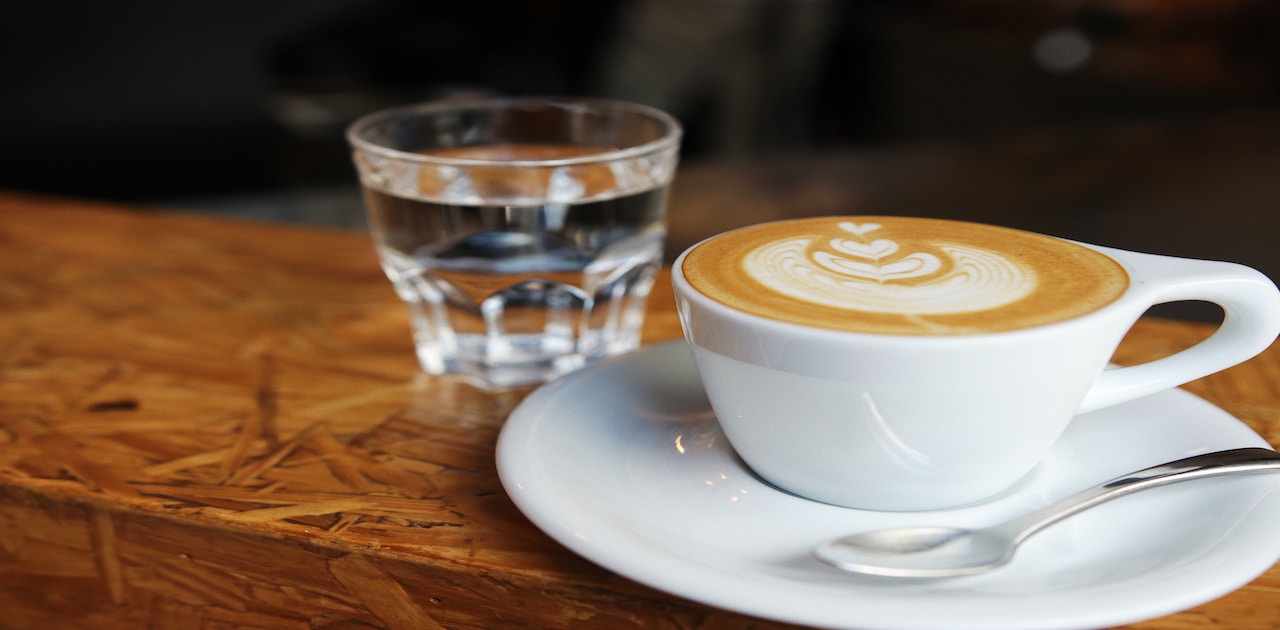
Caffeine and alcohol are diuretics, substances that increase urine production. While moderate consumption of these beverages is generally safe, excessive intake can lead to dehydration. Here’s how to be mindful of your caffeine and alcohol consumption:
• Set Limits: Establish daily limits for caffeine and alcohol intake. For caffeine, moderate consumption is typically 200 to 400 milligrams daily (about one to two 237-millilitres cups of coffee). For alcohol, it’s generally recommended to limit intake to one drink per day for women and up to two drinks per day for men.
• Hydrate Alongside: If you enjoy coffee, tea, or alcoholic beverages, make sure to accompany them with an equal amount of water. This helps offset their diuretic effects.
• Be Extra Cautious in Hot Weather: In hot weather, the dehydrating effects of caffeine and alcohol can be amplified. Consider reducing your intake on scorching days.
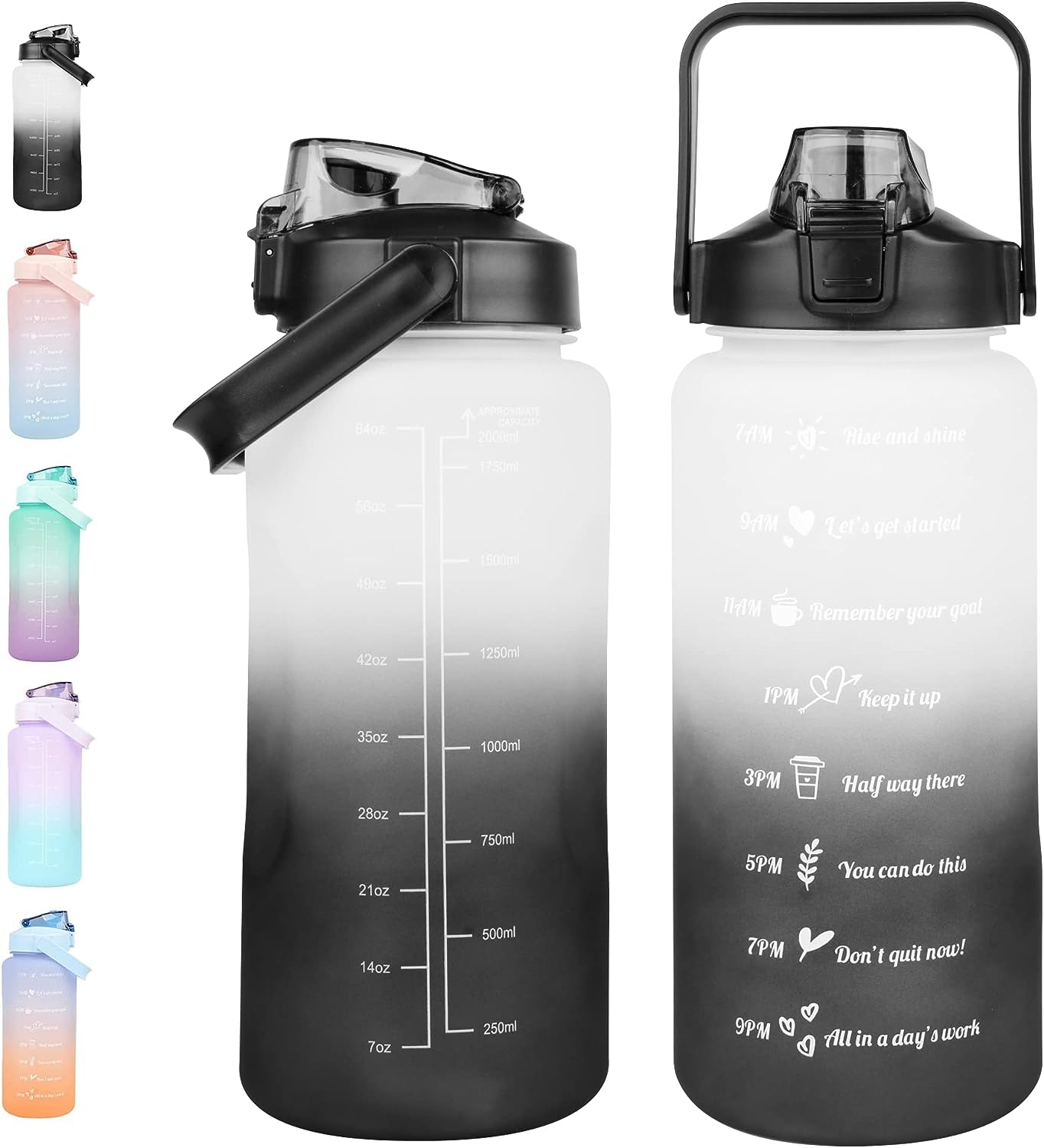
8. Carry Hydration Packs During Exercise
Staying hydrated during physical activity is crucial for maintaining performance and preventing heat-related illnesses like heat exhaustion or heatstroke. Here’s how to ensure proper hydration during exercise:
• Choose the Right Gear: Invest in a hydration pack, belt, or bottle designed for active use. These products are intended for convenience and accessibility while on the move.
• Know Your Sweat Rate: Everyone sweats differently, so it’s essential to understand your sweat rate. Weigh yourself before and after exercise to estimate how much fluid you’ve lost through sweat.
• Rehydrate During Activity: Sip water or a sports drink during your workout to replace lost fluids and electrolytes.
• Post-Exercise Hydration: After exercising, drink water to rehydrate fully. A general guideline is to drink approximately 473 to 710 millilitres of water for every pound of body weight lost during exercise.
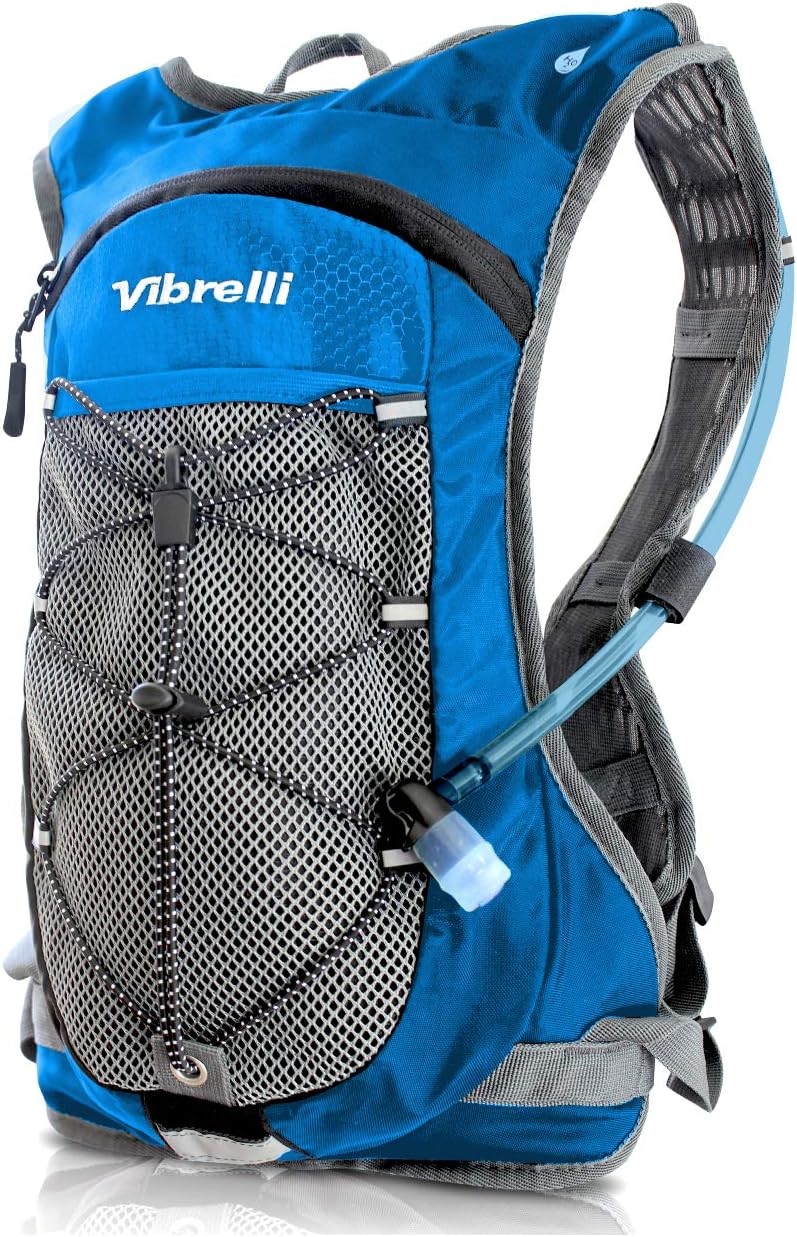
9. Monitor Electrolyte Levels
In certain situations, such as prolonged exercise, intense sweating, or hot weather, you may lose water and essential electrolytes like sodium, potassium, and magnesium through sweat. To stay adequately hydrated and maintain electrolyte balance:
• Choose Electrolyte Drinks: Consider sports drinks or electrolyte tablets that can help replenish these lost minerals during and after strenuous activities.
• Stay Balanced: Ensure that your electrolyte intake is balanced. Consuming excessive electrolytes can lead to imbalances as harmful as dehydration. Follow recommended guidelines or consult a sports nutritionist for personalised advice.
Interesting Post: 10 Ways To Smell Good All Day Long
10. Listen to Your Body

While all these tips are valuable, listening to your body is the most crucial and another one of the ways to stay hydrated throughout the day. Your body often gives signals that indicate whether you need more water. Here’s how to pay attention to your body’s hydration cues:
• Thirst: Thirst is your body’s signalling that it needs hydration. Please don’t ignore it. Whenever you feel thirsty, reach for your water bottle.
• Dry Mouth: A dry or sticky feeling in your mouth is another indicator of dehydration. Please take it as a reminder to hydrate.
• Fatigue: Dehydration can lead to feelings of fatigue and low energy. If you suddenly feel tired, drink a glass of water before reaching for a caffeinated beverage.
• Dark Urine: Dark yellow or amber urine indicates dehydration. If your urine is consistently dark, increase your water intake.
• Dry Skin: Dehydration can manifest as dry or flaky skin. If you notice your skin is feeling parched, it might be time for a drink of water.
• Headaches: Dehydration can also lead to headaches. If you have an unexplained headache, try hydrating before using pain relievers.
Read More: 10 Best Korean Moisturizers For Dry Skin
Maintaining proper hydration is not just a health recommendation. It’s a fundamental necessity for a vibrant, thriving life. These were some ways to stay hydrated throughout the day, each offering a unique approach to supporting your body’s hydration needs. You’ve learned practical strategies to avoid dehydration, from setting personalised hydration goals to incorporating water-rich foods, monitoring urine colour, and carrying reusable water bottles. Additionally, we’ve discussed the importance of being mindful of diuretics like caffeine and alcohol, the significance of staying hydrated during physical activity, and even the role of electrolytes in your hydration equation.
By listening to your body and making these strategies a part of your daily routine, you’re not only preventing the discomfort of dehydration but also promoting your overall health, energy, and well-being. Remember that hydration is a continuous journey, and your needs may vary daily. However, armed with this knowledge, you’re well-equipped to prioritise and maintain the precious gift of proper hydration, ensuring you can live your life to the fullest. Stay hydrated, stay healthy, and thrive.

